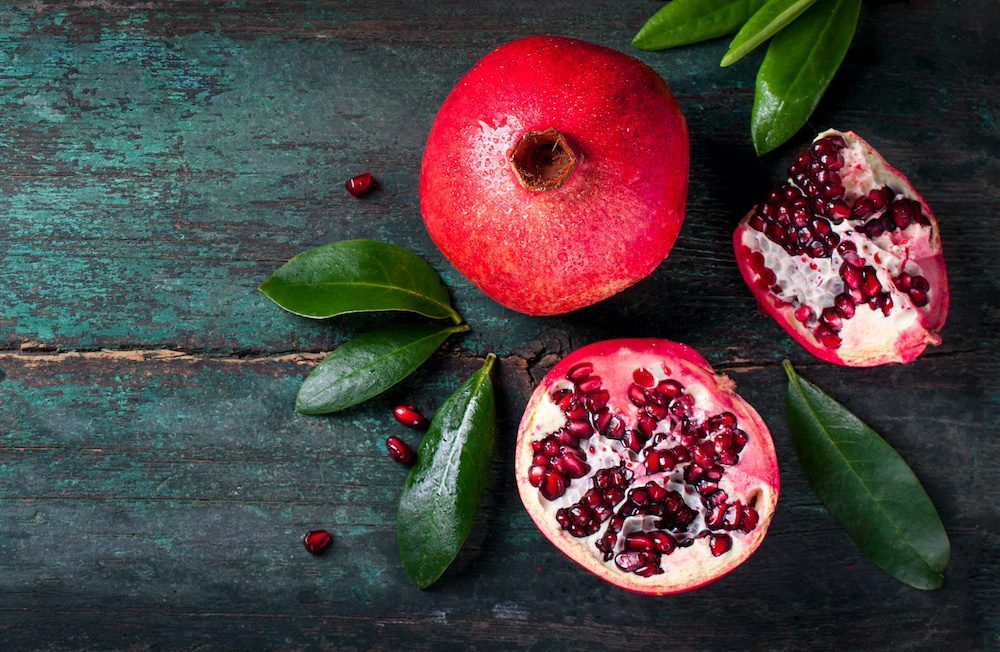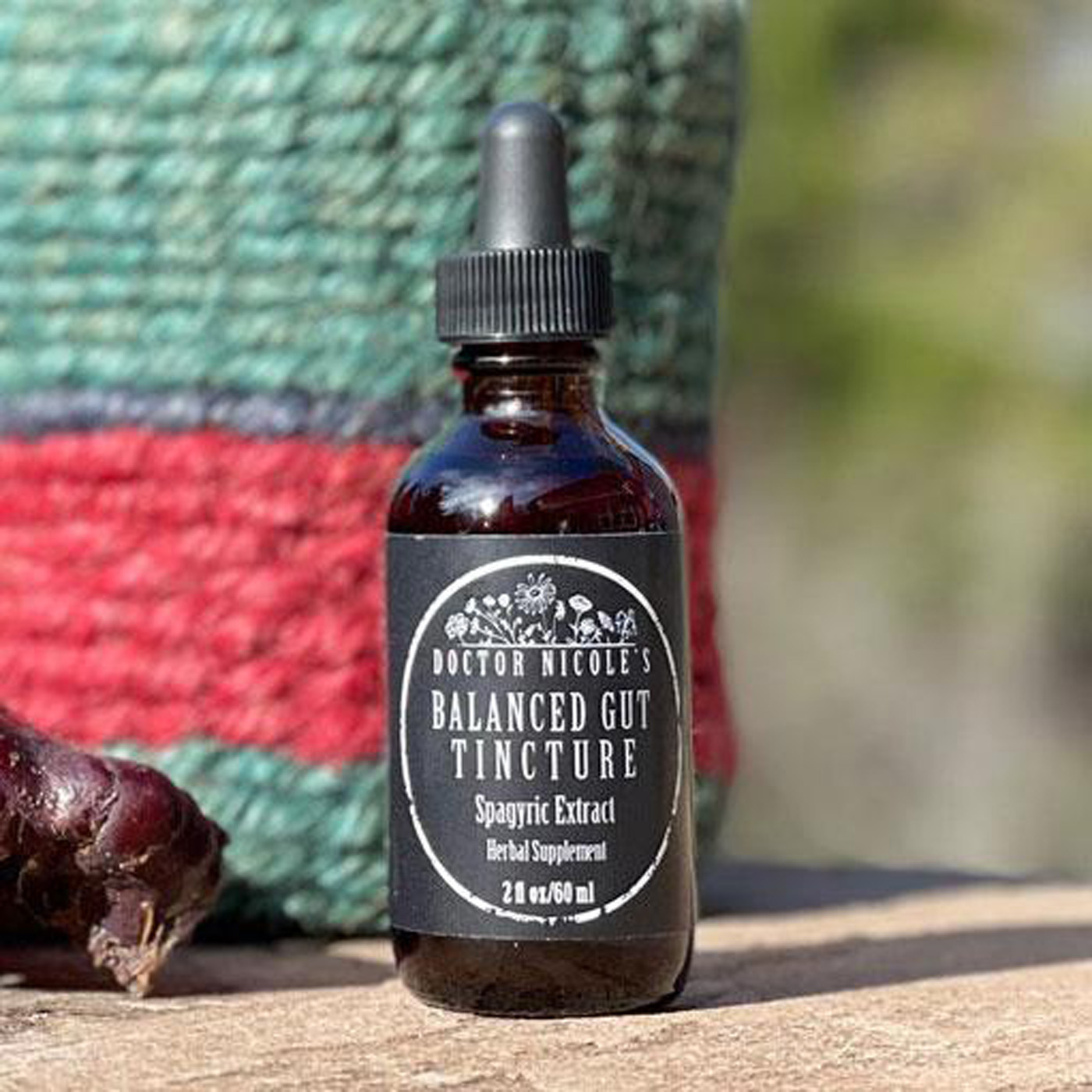The Interconnectedness of Microbiome Health and Vitamin D
Need another reason to improve gut health? Research published in the journal Nature Communications found that the state of your gut microbiome directly influences how well you absorb vitamin D. Considering this crucial vitamin is associated with bone health, whether or not you develop an autoimmune disorder, the intensity of severe acute respiratory syndrome, immunity, and if you are at an increased risk for obesity, cancer, or cardiovascular disease, vitamin D is an important aspect of foundational health.3-11
Let’s have a look at the role our microbiome has on vitamin D uptake and how we can improve gut health if it is less than ideal.
The Key is Butyrate
In the review, researchers studied data from 567 men who had participated in a study on osteoporotic fracture risk. What they found is that those with more bioactive levels of vitamin D also had robust microbiome diversity, which is associated with a healthy gut. Butyrate is a key piece of the puzzle. This compound is produced when plant fibers are broken down by our “good” gut bacteria in the intestinal tract. As a short chain fatty acid, it helps to promote colon health, improves symptoms of both ulcerative colitis and Crohn’s disease12, and reduces the risk of colon cancer13. As it turns out, butyrate is also involved with increasing the bioavailability of vitamin D. According to these findings, if we want to improve our overall vitamin D status, boosting the level of butyrate in the gut is crucial.
“There are many aspects of good health that can optimize vitamin D signaling,” says lead researcher Deborah Kano, MD. “The easiest is ensuring you get plenty of fresh fruits and vegetables of many different colors in your daily diet. Not only will this provide important vitamins and minerals, but will also promote a nourishing environment for healthy gut bacteria.”2

Simple Methods for Improving Gut Health
The old adage “you are what you eat” couldn’t be more true regarding gut health. Every time you sit down for a meal, you are essentially feeding the bacteria in the gut — for better or worse. If we would like to enjoy robust health, our food choices play an exceedingly important role because they have a profound influence on the microbiome, which influences immunity, levels of inflammation, and even mood.
As we have seen with the Nature Communications study, the secret lies in feeding our good gut bacteria with high-fiber, plant-based whole foods such as fruits and vegetables (especially leafy greens), unrefined grains, beans, and nuts. Don’t forget about the importance of fermented foods like unpasteurized sauerkraut, pickles, kimchi, and kombucha. The key is variety — this is not the time to get stuck in a dietary rut. By consuming a range of plant-based foods, our microbiome teems with abundant beneficial bacteria, which in turn promotes better vitamin D utilization. If you would like to incorporate more plants into your meals, see my post “Fertilize Your Gut? You Bet! Here’s How” for tips on how to get started.
While eating a healthy diet may seem obvious for gut health, one aspect that is often overlooked is the impact stress has on the microbiome. High levels of stress cause increased intestinal permeability, otherwise known as “leaky gut” where the gut lining becomes excessively permeable. In turn, “increased levels of microbial breakdown products such as lipopolysaccharide (LPS) more readily enter the bloodstream. Increased LPS causes greater release of stress hormones and increased release of mediators of inflammation such as IL-6, IL-1 beta, and TNF-alpha,” says William Davis, MD, a gut health specialist and author of the book Wheat Belly.
As I wrote in “How Stress Changes Your Microbiome for the Worse“, “this [process] triggers the hypothalamic-pituitary-adrenal (HPA) axis to go into overdrive and release high levels of cortisol. When we struggle with elevated levels of this stress hormone, we gain weight, promote insulin resistance and high blood sugar levels, and, you guessed it, create further microbiome dysbiosis.”
How do we break this cycle of stress? We can regularly unplug from our devices, declutter our spaces, and practice gratitude. Spending time in nature, laughter, and having a strong network of friends is also helpful.
Nicole Apelian
Nicole’s Apothecary Products in this Post
References
- Thomas, R.L., Jiang, L., Adams, J.S. et al. Vitamin D metabolites and the gut microbiome in older men. Nat Commun 11, 5997 (2020). https://doi.org/10.1038/s41467-020-19793-8
- Better Gut Health Boosts Your Body’s Ability to Absorb Vitamin D, Elizabeth Millard. Prevention, December 13, 2020. Retrieved on January 5, 2023, from https://www.prevention.com/food-nutrition/a34951393/connection-between-vitamin-d-and-gut-health-study/
- Yamamoto, E. A., & Jørgensen, T. N. (2020). Relationships Between Vitamin D, Gut Microbiome, and Systemic Autoimmunity. Frontiers in immunology, 10, 3141. https://doi.org/10.3389/fimmu.2019.03141
- Ilchmann-Diounou, H., & Menard, S. (2020). Psychological Stress, Intestinal Barrier Dysfunctions, and Autoimmune Disorders: An Overview. Frontiers in immunology, 11, 1823. https://doi.org/10.3389/fimmu.2020.01823
- Mercola, J., Grant, W. B., & Wagner, C. L. (2020). Evidence Regarding Vitamin D and Risk of COVID-19 and Its Severity. Nutrients, 12(11), 3361. https://doi.org/10.3390/nu12113361
- Freedman, S. N., Shahi, S. K., & Mangalam, A. K. (2018). The “Gut Feeling”: Breaking Down the Role of Gut Microbiome in Multiple Sclerosis. Neurotherapeutics : the journal of the American Society for Experimental NeuroTherapeutics, 15(1), 109–125. https://doi.org/10.1007/s13311-017-0588-x
- Ismailova, A., & White, J. H. (2022). Vitamin D, infections and immunity. Reviews in endocrine & metabolic disorders, 23(2), 265–277. https://doi.org/10.1007/s11154-021-09679-5
- Cranney, A., Horsley, T., O’Donnell, S., Weiler, H., Puil, L., Ooi, D., Atkinson, S., Ward, L., Moher, D., Hanley, D., Fang, M., Yazdi, F., Garritty, C., Sampson, M., Barrowman, N., Tsertsvadze, A., & Mamaladze, V. (2007). Effectiveness and safety of vitamin D in relation to bone health. Evidence report/technology assessment, (158), 1–235.
- Khazai, N., Judd, S. E., & Tangpricha, V. (2008). Calcium and vitamin D: skeletal and extraskeletal health. Current rheumatology reports, 10(2), 110–117. https://doi.org/10.1007/s11926-008-0020-y
- Barbáchano, A., Fernández-Barral, A., Ferrer-Mayorga, G., Costales-Carrera, A., Larriba, M. J., & Muñoz, A. (2017). The endocrine vitamin D system in the gut. Molecular and cellular endocrinology, 453, 79–87. https://doi.org/10.1016/j.mce.2016.11.028
- Bikle D. D. (2016). Extraskeletal actions of vitamin D. Annals of the New York Academy of Sciences, 1376(1), 29–52. https://doi.org/10.1111/nyas.13219d
- Parada Venegas, D., De la Fuente, M. K., Landskron, G., González, M. J., Quera, R., Dijkstra, G., Harmsen, H. J. M., Faber, K. N., & Hermoso, M. A. (2019). Short Chain Fatty Acids (SCFAs)-Mediated Gut Epithelial and Immune Regulation and Its Relevance for Inflammatory Bowel Diseases. Frontiers in immunology, 10, 277. https://doi.org/10.3389/fimmu.2019.00277
- Zeng, H., Umar, S., Rust, B., Lazarova, D., & Bordonaro, M. (2019). Secondary Bile Acids and Short Chain Fatty Acids in the Colon: A Focus on Colonic Microbiome, Cell Proliferation, Inflammation, and Cancer. International journal of molecular sciences, 20(5), 1214. https://doi.org/10.3390/ijms20051214
- Ríos-Covián, D., Ruas-Madiedo, P., Margolles, A., Gueimonde, M., de Los Reyes-Gavilán, C. G., & Salazar, N. (2016). Intestinal Short Chain Fatty Acids and their Link with Diet and Human Health. Frontiers in microbiology, 7, 185. https://doi.org/10.3389/fmicb.2016.00185






